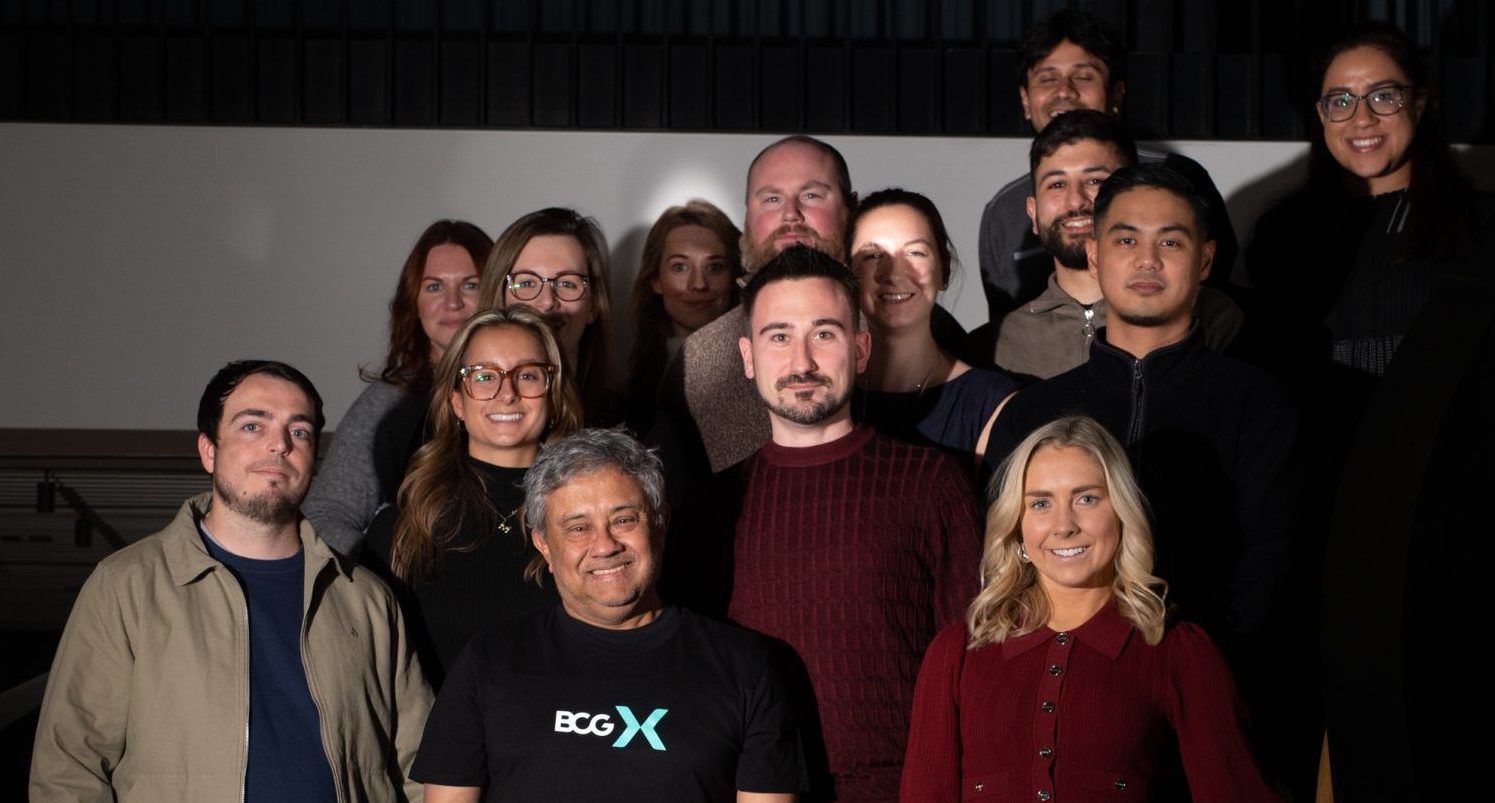One month after 2023, the buzz around AI is only intensifying, and despite a lull in investment, a number of metaverse platforms are bullish about future virtual worlds.
Even amid a global economic downturn, global consultancy Boston Consulting Group (BCG) predicts 60% of companies will increase their investments in technology and digital transformation in 2023.
So what can we expect from AI and the metaverse in 2023? We asked the experts.
AI to keep rolling on a high-growth curve
ChatGPT is making headlines with its ability to generate various forms of complex texts such as essays, screenplays and poetry from simple prompts. Some tech experts believe that over the next 10 years, AI could replace up to 50% of all trades.
“The next 10 years are going to be even more disruptive from a technological standpoint than the last 10 years, primarily because we’re starting to see a confluence of three different technologies – the Metaverse, Web3, and very advanced AI,” says Ajay Chowdhury, managing director and senior partner at BCG X, the technology construction and design unit of Boston Consulting Group, with a focus on deep technology.
“And all of these things together suddenly create massive opportunities like never before, to solve problems in ways they’ve never been able to solve before,” he adds.
“The next 10 years are going to be even more technologically disruptive than the last 10 years.”
The industry is estimated to have raised $70.9 billion by the end of 2022, and the US, UK, Germany, Singapore and Switzerland have more than doubled their number of AI unicorns, according to AI Status Report.
Chowdhury is also an entrepreneur – he co-founded music identification platform Shazam, which was sold to Apple, and Seatwave, a leading online ticket marketplace which he sold to Ticketmaster.
He points out that while ChatGPT and DALL-E may seem threatening for jobs like illustration and journalism, we can use them as powerful tools that add to our abilities, instead of replacing us. “I don’t think people have quite figured that out yet,” he says.
Increasing business adoption of AI
The adoption of AI in organizations has double today compared to 2017 – and recent advancements in AI are expected to further drive the digital transformation of businesses. Chowdhury says companies will have to invest in deeptech or they will be left behind.
“IDuring a recession, everyone is looking to cut costs and increase efficiency – and using AI allows you to do just that.
“AI can reduce costs by allowing companies to do things much more efficiently,” he says. “It can potentially open up new markets too. In downturns, everyone is looking to cut costs and increase efficiency – and using AI lets you do just that. »
Sebastian Hunte, an investor in the computing and physical sciences investment team at the UCL Technology Fund, where he focuses on deep technology opportunities, agrees. But for Hunte, the most exciting trend to watch this year is advancement in areas of AI that “cannot be solved by simply scaling a model.”
He says that while natural language processing (NLP) – used by ChatGPT – has made huge strides lately, other areas such as context-based problem solving or autonomous driving are the next big challenges in AI.
As the hype drops, the metaverse “quietly wows”
While it might be tempting to cancel the metaverse – with the current Web3 crisis and big names like Meta, Sandbox and Decentraland struggling to retain users – some metaverse platforms are still very alive. For example, metaverse-based online gaming platforms Fortnite and Roblox have 30 million and 37 million active users, respectively.
In addition to the listing, Superduper, a metaverse and gaming company launched in 2022, made almost £250 million sales last year and has amassed an online presence of 80,000 users, all of whom communicate and purchase NFT reptile characters, known as “lizards,” for their crypto wallet.
“This will be the year people start to understand how long it will take for these things to actually grow.
Joe Carnell and Dominic Smith, co-founders of Superduper, say the downturn is actually the best time for real-value startups “to shine.”
“The metaverse gives us a really great space for immersive storytelling – and what we’ve been able to do is bring the physical community into the digital realm and have this duality of community,” says Carnell. “They meet in the real world and then bleed into the digital realm. It is therefore an ideal space for socializing and playing, and also for making deep and meaningful connections. »
Smith says the Metaverse was at the peak of a hype cycle, “and now that we’re stabilizing, it’s allowing the people building it to think more concretely about exactly how they want to build that future.”
“2023 is going to quietly wow people. This will be the year people start to understand how long it will take for these things to actually grow. Metaverses, especially when it comes to adults socializing or shopping, are not easy constructs – they are complex,” he adds.
The collaboration between AI and the metaverse is also an interesting space that has sparked interest from operators in the space, Smith says. Chatbots, augmented reality, and digital avatars are some of the ways AI and the metaverse are interacting — and with greater advancements expected in AI this year, there could also be more and more interesting collaborations. .

Slow recovery (maybe) on maps for Web3
With the crypto winter, the FTX crash, and gloomy sentiments in the broader markets, 2022 has not been a good year for Web3 and blockchain. But experts still insist the technology is here to stay, and while NFTs and DAOs may or may not survive, blockchain technology is essentially the internet of the future.
Ana-Maria Yanakieva, a Web3 investor who has been in crypto and Web3 for over six years, echoes that sentiment. Optimistic about the recovery, she says this is the year to “build and put in place the foundations to integrate the majority of early adopters.
“With growing collaboration, new startups in the space, strong development activity, and many Web2 builders entering the space last year, developments in 2023 will be exciting,” she says, adding that cases infrastructure and consumer usage will continue to grow together.
Developments like Ethereum 2.0, which promises energy efficiency and faster transactions, is also set to change the way things work in the blockchain and crypto world in 2023.
The idea of decentralization on the blockchain is also integral to the metaverse. Roshan George, founder of the Metaverse and Web3 platform Xiroverse, says the challenge is finding a real use case for consumers to access the Metaverse.
“For example, you could have an immersive online shopping experience in a mall in the metaverse, which is a way to keep brands and consumers engaged,” he says.
Sponsored by

BCG X is the technical construction and design unit of BCG
Learn more
